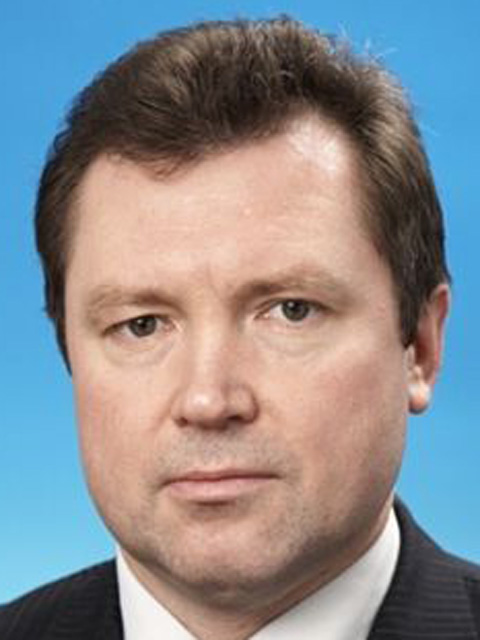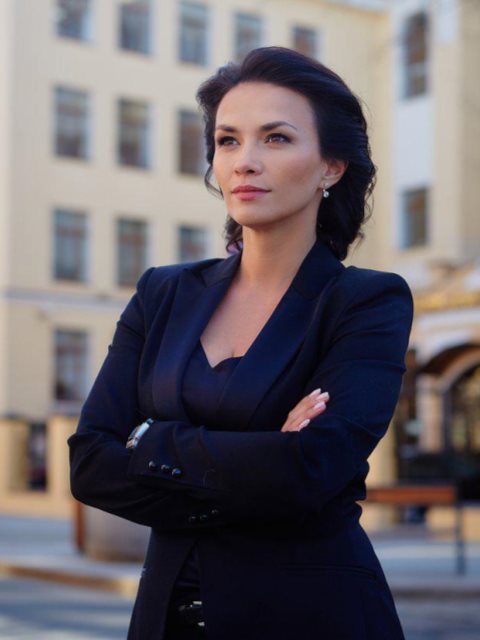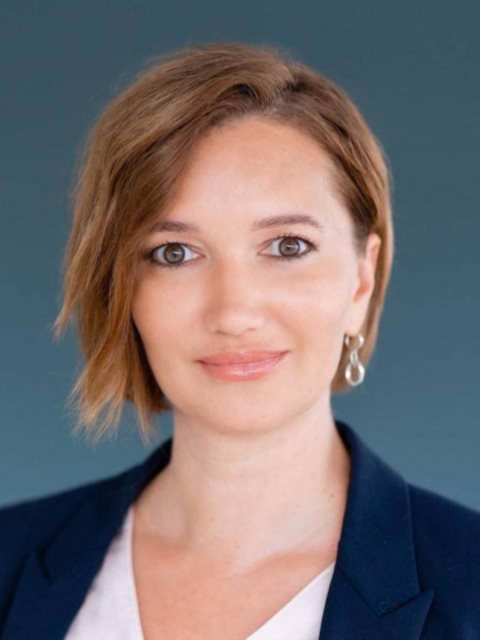Investing in Traditional Values: A Prosperous Multi-Child Family as a National Idea
Today, strengthening the role of the family, improving the quality of life of families with children, and promoting family values are not only the primary objectives of the government’s demographic policy, but also for creating a national identity. In this regard, it is crucial to develop a policy to support families with children. However, practice shows that financial measures of social support have a limited effect if the policy measures are not based on the basic values of the institution of family. Having multiple children is a traditional value that unites the peoples of Russia and allows them to preserve the nation’s identity in an era of global transformations. Breakthrough solutions are needed in the government’s demographic policy to revive the image of a strong, prosperous, and large family as a national idea for Russia. Favourable content needs to be created to shape the proper spiritual and family principles for the younger generation, parents need to be taught how to build effective interpersonal relationships, and tools must be developed to convey traditional family values to society. The image of a large, happy, complete family with multiple children is a traditional value of Russia. Along with reviving family values in modern society, we must also develop a set of measures to support large families, including programmes to help mothers with multiple children who do not want to choose between family and work. How should Russia’s demographic policy be developed in the best interests of the institution of the family and traditional values? What approaches exist to improve the quality of life of families with children and strategies to support the institution of the family and family values? What best practices for supporting motherhood and large families could serve as a precedent for sharing experience and replication? What effective programmes do the macro-regions have to create information and educational content for young people in order to strengthen family values? What unique advantages of the nation’s cultural code could become a linchpin for building a new family policy in Russia?
Moderator
Sergey Rybalchenko,
General Director, Scientific and Public Expert Evaluation Institute
Panellists
Olga Batalina,
First Deputy Minister of Labor and Social Protection of the Russian Federation
Tatyana Butskaya,
Chairman, "Council of Mothers" All-Russian Public Organization for the Support of Motherhood and Childhood
Daria Vyazmikina,
President, Association of Active Pensioners
Marina Gordeeva,
Chairman of the Management Board, Fund for Support Children in Difficult Situation
Vladimir Katrenko,
Deputy Chairman, Promsvyazbank
Natalya Kravchenko,
Chairman, Commission for the development of preschool, school, secondary vocational education and educational activities of the Civic Chamber of the Russian Federation
Elena Nikolaeva,
President, National Agency for Low-Rise and Cottage Construction
Elvira Nurgalieva,
Deputy Minister of the Russian Federation for the Development of the Far East and the Arctic
Front row participants
Lenara Ivanova,
Minister of Family, Labor and Social Protection of the Population of the Republic of Bashkortostan
Ekaterina Markova,
Head, Save Life
Yuliya Simbireva,
General Director, RSPP Business School
Tatiana Shestakova,
Executive Director, "Healthy Cities, Districts and Towns" Association

















